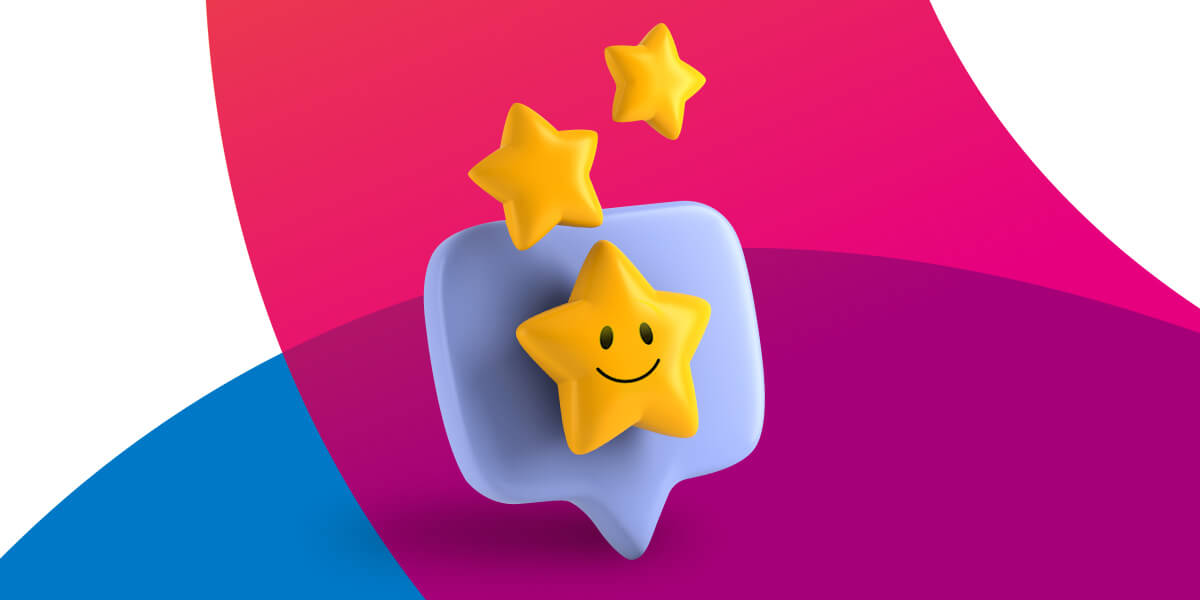Personal development reviews are a crucial part of the performance management process within a company. These discussions are the opportunity for employees to sit down with their line manager, and talk about the skills, knowledge and experience they want to develop. The purpose of this discussion is to either help them enhance their performance in their current role, or to enable them to progress up the career ladder.
The website, Factorial, describes personal development reviews as being, “used to identify training needs, provide feedback on performance, and offer support for professional development”. In this blog, we delve into the benefits of personal development reviews, the activities you can set following a review as well as key mistakes to avoid.
Benefits of personal development
Personal development reviews are actually beneficial for both the employer and employee. From an employer’s perspective, these meetings offer a valuable opportunity to spend time with an employee focussing on them. This helps to build a sense of engagement and that the employer cares about their employees and wants to provide support to them.
By holding a personal development review, employers gain a greater understanding of an employee’s motivations. For example, they can learn what the employee enjoys at work, what they would like to do more of, and conversely what they might like to do less of. Having that information can help an employer to play to the employee’s strengths and that in turn will build productivity and aid retention, as happy employees doing work that they enjoy are far less likely to leave. With recent research from Culture Amp showing that 20% of UK workers are at “high risk” of leaving their jobs, retention is critical to keeping your business stable and performing well.
Personal development reviews also give a platform for employers and employees to give each other feedback. Feedback that flows both ways can be really powerful, especially when used positively and constructively. Feedback can also help to highlight great performance and also look at areas for improvement and development, which can then feed into the review discussions.
During reviews, employees can discuss their career aspirations and receive support and coaching towards refining those aspirations if needed and breaking them down into achievable actions and objectives. This then leads onto the creation of a personal development plan to implement what was discussed during the review conversation. The employee owns this plan and going forward, regularly reviews it with their line manager to discuss their needs, their progress, their success and any barriers or issues.
Personal development activities
Following the personal development review meeting, as we mentioned above, a personal development plan will be created. On that plan can be a whole range of different development activities that will assist the employee in achieving the goal they have set out.
These personal development activities can be small and short tasks, one-off learning and development interventions, or they could be more substantial and longer term. For example, some of the smaller activities can include shadowing colleagues to learn processes, watching “how to” videos or other online tutorials, attending webinars or going on short courses.
More involved, longer term activities may include taking accredited or other professional development courses, a secondment to a different role to test the water and identify any gaps in knowledge, skills and experience, or working with a colleague who provides ongoing coaching and mentoring to support the employee in achieving their goals.
Mistakes to avoid
According to a YouGov survey, 39% of UK workers surveyed said that they thought personal development reviews and appraisals were “time consuming” and “pointless”. With that in mind, employers need to ensure that these meetings and their outcomes are meaningful and represent a genuine opportunity for employees to grow.
Employers should make personal development reviews engaging and don’t involve masses of paperwork. It can be really off-putting for some people and make the review feel like a chore. The time, style and location of the review can also have an impact on how staff feel about the process and it can actually affect their concentration and levels of participation. If the meeting is held in a really formal manner and in a formal setting like a boardroom, it creates the impression that this is something hugely serious and like it might even be being imposed on the employee rather than something that they are willingly participating in.
Also, if you have the meeting at the start of the day, the employee’s mind may be elsewhere thinking about emails that have come in that they need to deal with. Likewise, if you have the meeting right at the end of the day, then it may feel rushed as people want to make sure that they finish work on time and the review doesn’t get the attention it deserves.
If employees feel like personal development reviews actually have positive, tangible outcomes, they are much more likely to actively participate and buy into the process. By holding regular check-ins or catch up meetings, plans also are more likely to be followed leading to success and positive outcomes. It’s certainly not good practice to have a 12 month gap between meetings with no support in between and the employee is left to fend for themselves with little or no direction, coaching or other support.
When an employee accomplishes something, or sees a colleague accomplishing something, the “time consuming” and “pointless” views are going to be replaced by “effective” and “worthwhile”, and personal development reviews are going to help to drive your business forward.
Find out how HRX can help
The HRX Knowledge Base provides a huge range of resources for employers including checklists, guides and forms that can help you conduct a successful personal development review with your employee. As well as this, our HR software brings all of your employee data in one place, allowing from more streamlined HR processes.
Find out for yourself and sign up for your FREE 30 day trial today, or contact our helpful team today for more information.




